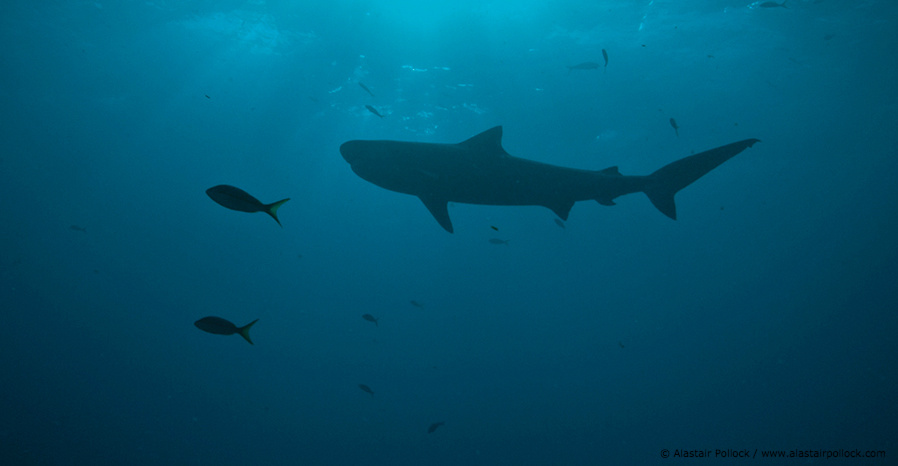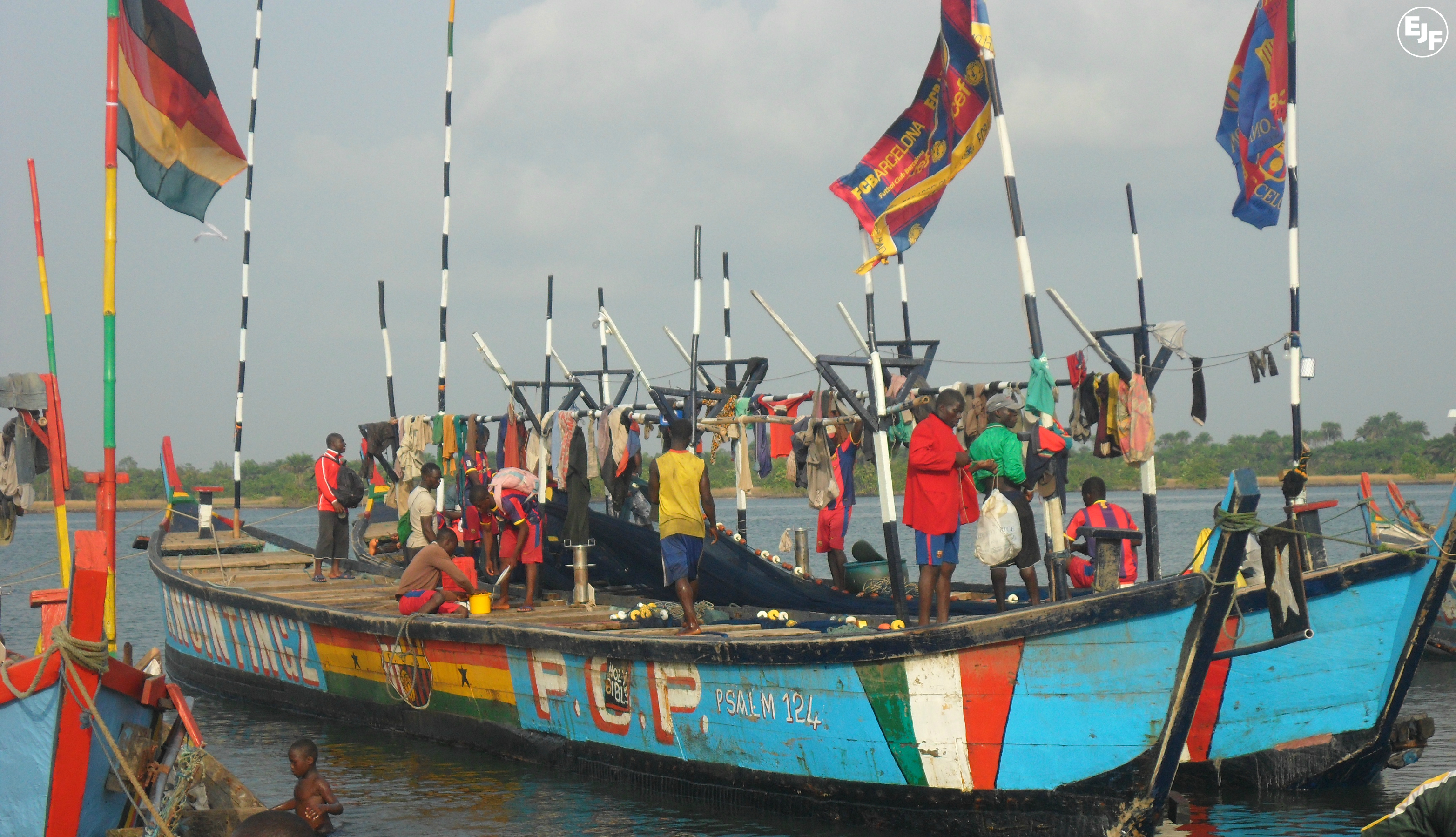
Liberia steps up to protect sharks and rays
After consulting with the Environmental Justice Foundation (EJF), the Liberian government has taken a historic step to commit to a national plan of action to protect Liberia’s sharks and rays. The plan will be implemented with the help of EJF over the next three years, and will not only protect marine wildlife, but safeguard the food security and livelihoods of tens of thousands of Liberians.
The announcement comes after EJF shared a report with Liberia’s National Fisheries and Aquaculture Authority (NaFAA) laying out the benefits of sustainably managing sharks and rays to Liberian coastal communities and marine ecosystems.
Sharks and rays play a vital role in the health of many marine habitats. Loss of sharks can lead to dramatic imbalances in the ecosystem that can cause the degradation of coral reefs and destruction of seagrass beds, both of which provide important nursery habitats for young fish. This is particularly significant in Liberia, where 33,000 people rely on the fishing industry for their livelihoods, and 65% of all animal protein eaten comes from seafood.
Sharks and rays are particularly vulnerable to overfishing because they tend to grow slowly, reach sexual maturity late and have low rates of reproduction. Worldwide, a quarter of all these species are classified as threatened as a direct result of overfishing.
In Liberia, while data is especially sparse, EJF’s monitoring at West Point between 2013 and 2016 recorded 19 species, all of which are found on the Red List of Threatened Species of the International Union for Conservation of Nature. In the country sharks and rays are threatened by both industrial and small-scale traditional fishing fleets, and illegal fishing practices are particularly damaging to their populations, the EJF report says.
These animals currently lack any form of legal protection in Liberia, but the implementation of an effective national plan of action, with wide-ranging consultations with local fishing communities, could safeguard their future in these waters. This supports not only wildlife, but the coastal communities that rely on healthy marine ecosystems to provide food.
“Undertaking this bold commitment to act now to conserve its threatened sharks and rays highlights not only strong national governance but also confirms Liberia as an emerging leader on marine conservation in the region and in the eyes of the world. EJF looks forward to working with the Liberian government to help make implementation of the national plan a success,” says Amdeep Sanghera, EJF’s coordinator for the project.
“I am pleased and proud to announce the national plan of action for Liberia’s sharks and rays,” said Emma Glassco, director general of NaFAA. “Careful monitoring and sustainable management of these species is key to reaching a long-term solution for both Liberian fishing communities and the ecosystems on which they depend.”
EJF’s Executive Director Steve Trent, said: “All around the world our oceans are under threat, and especially the apex predators like sharks and rays that play a crucial role in the balance and health of marine ecosystems. Liberia’s move to recognise their importance is to be applauded.”
Watch the film.
SIGN UP FOR OUR EMAILS AND STAY UP TO DATE WITH EJF
